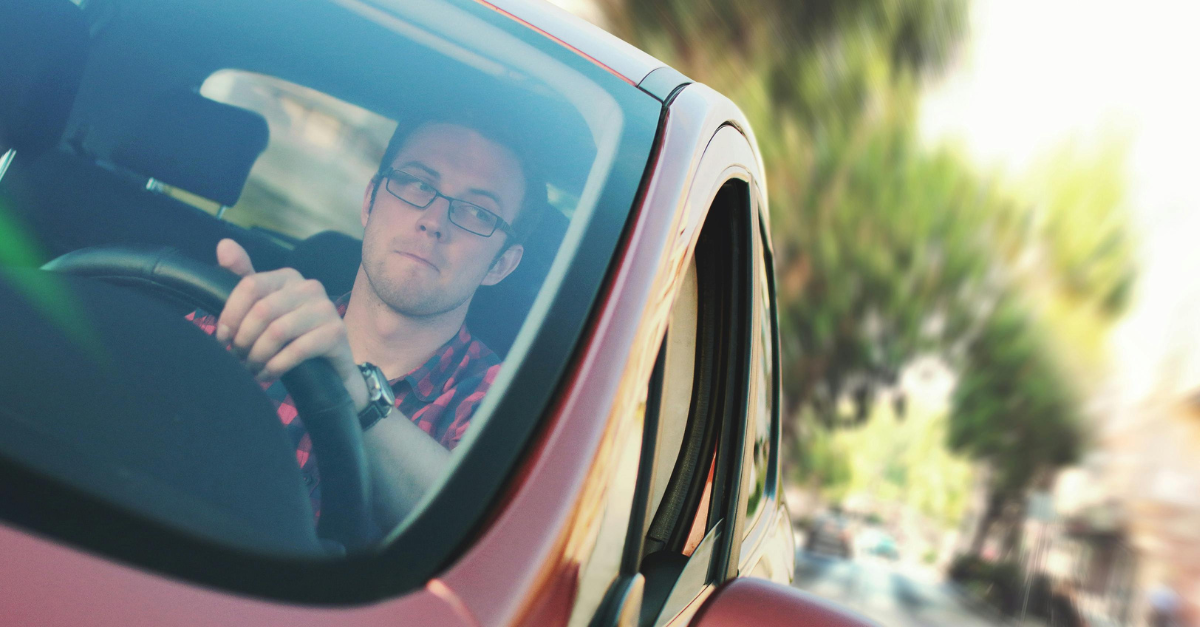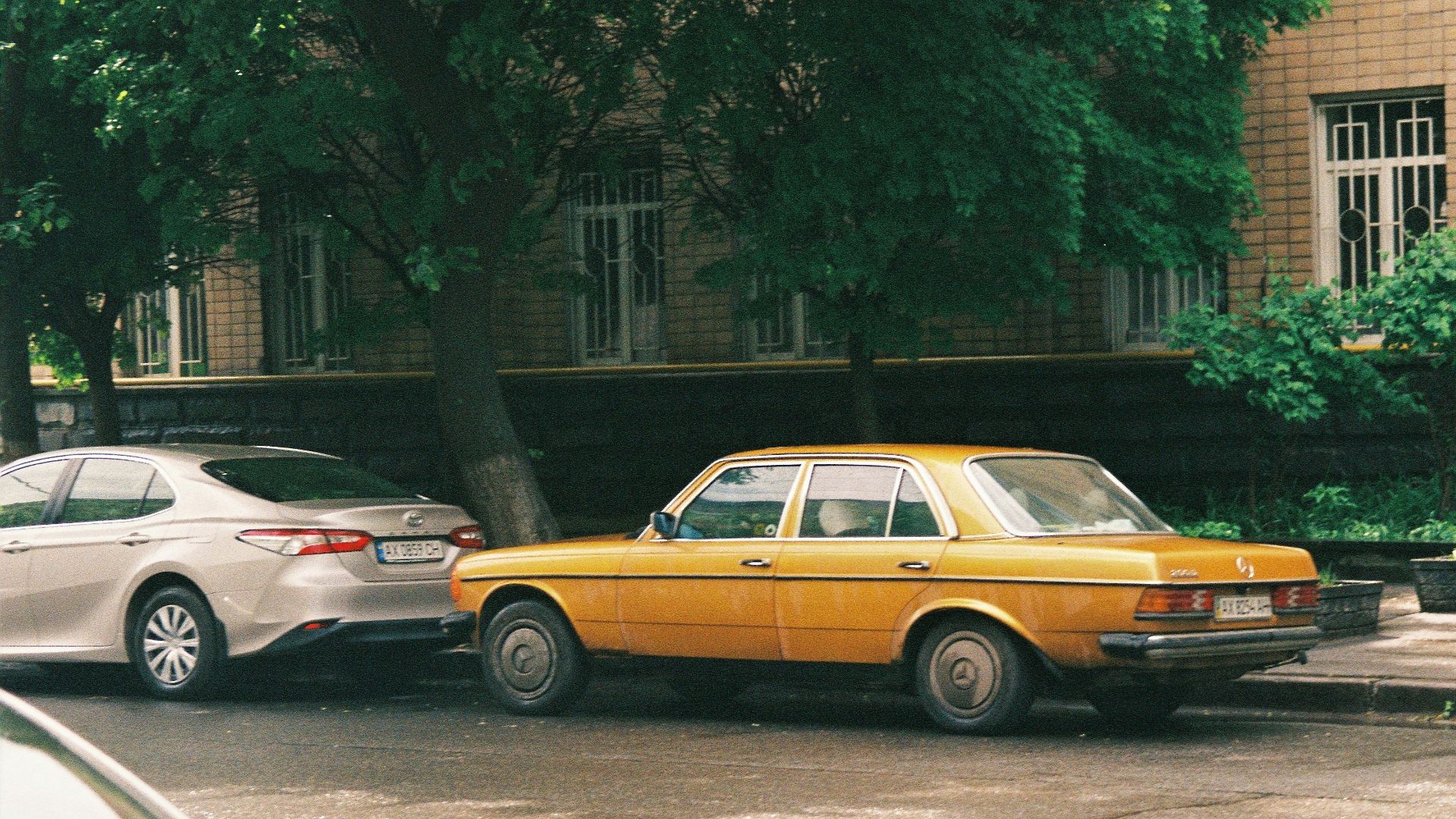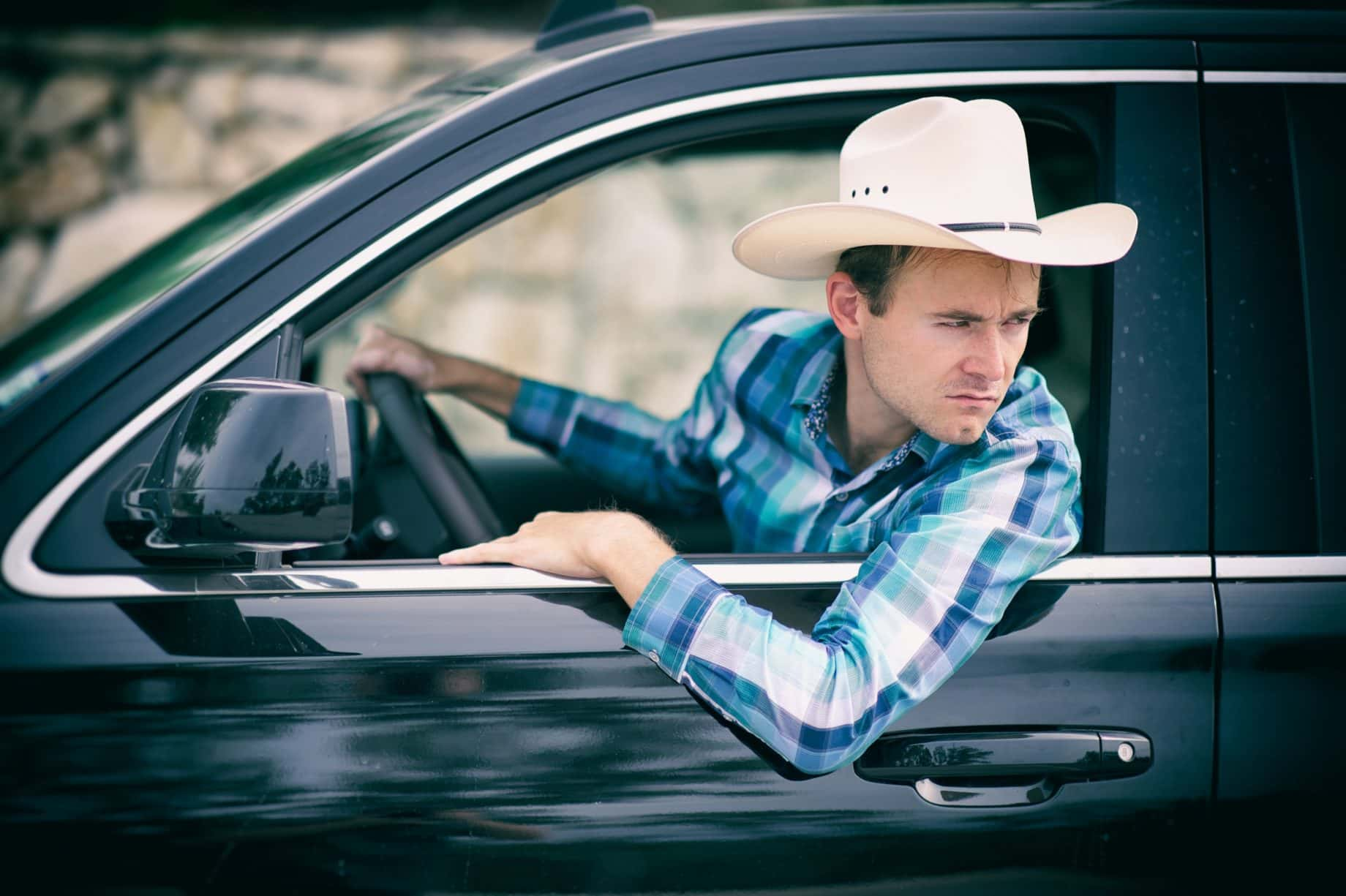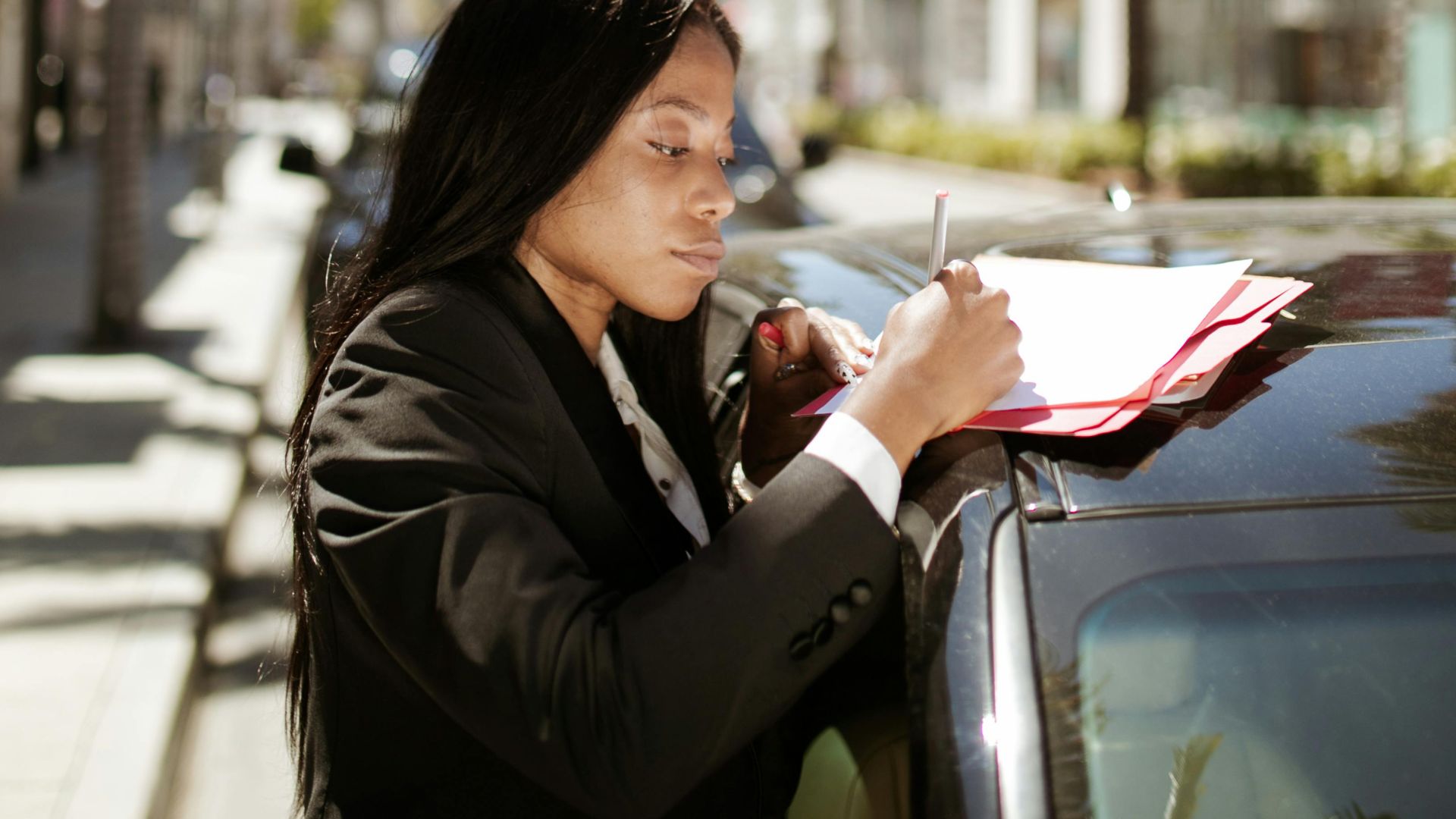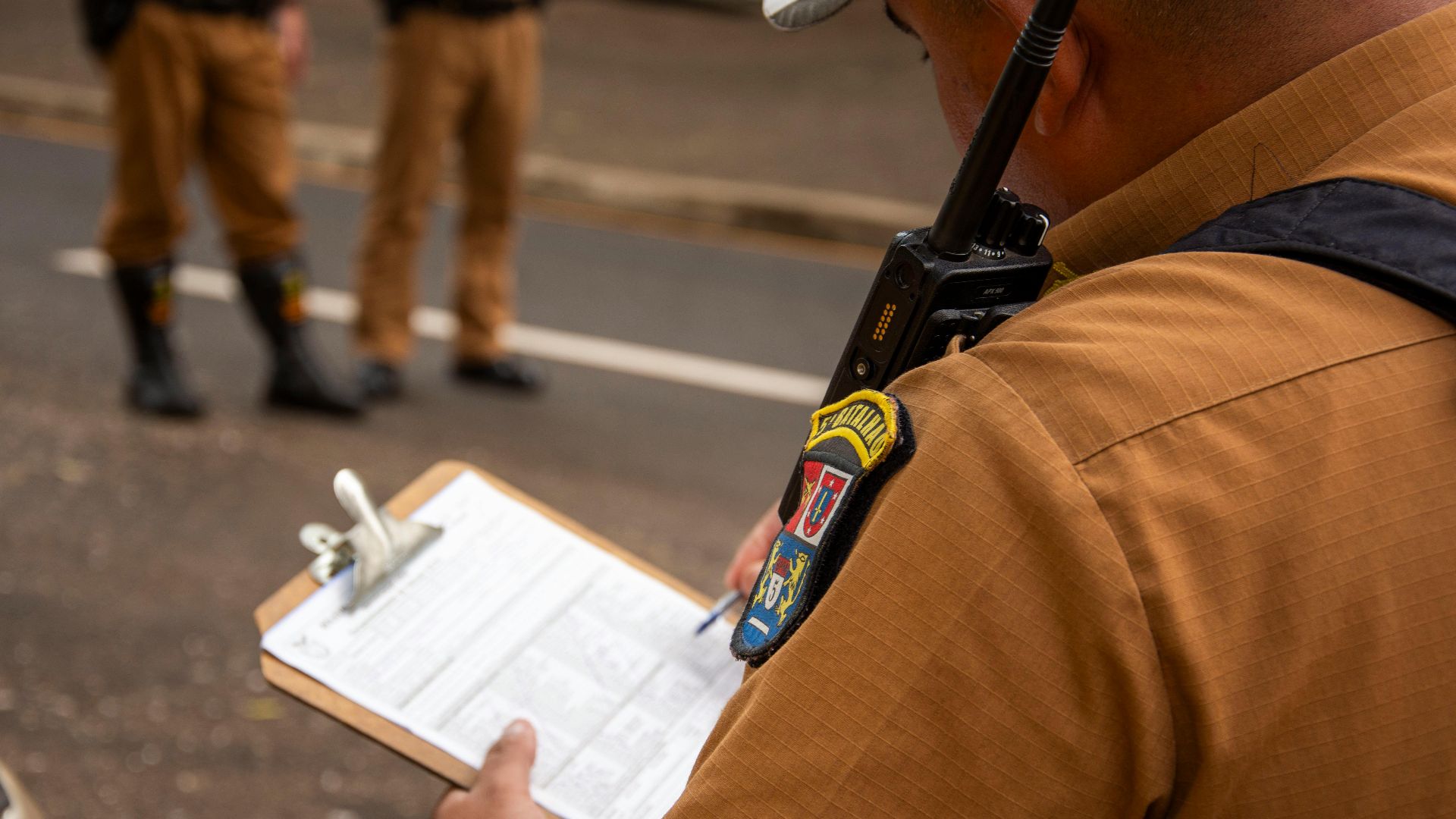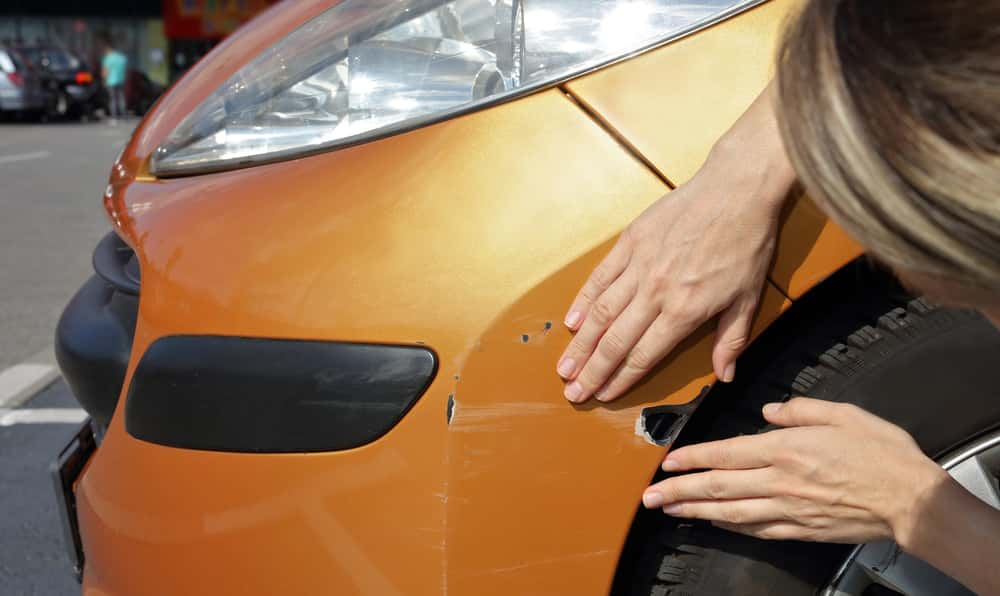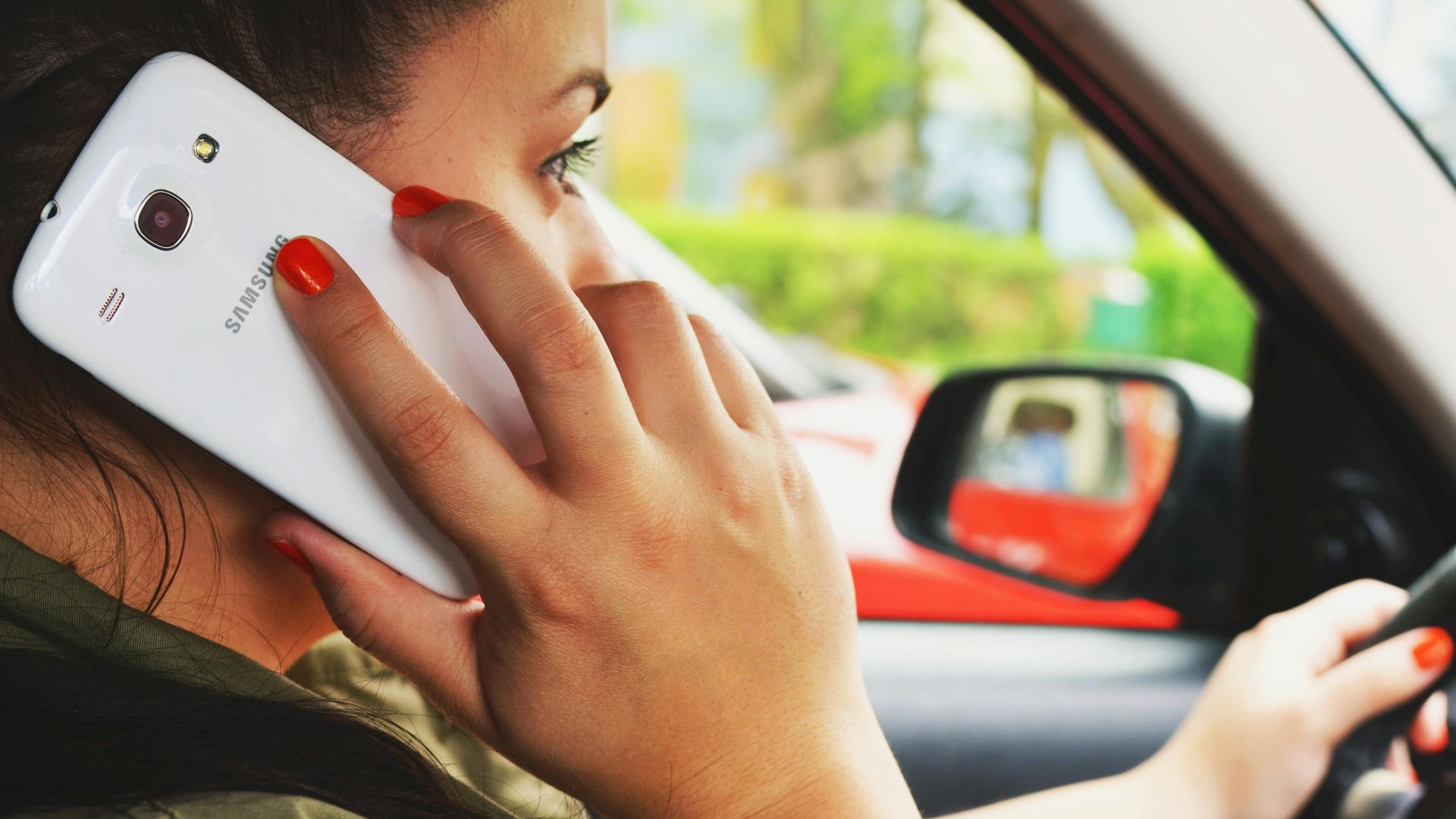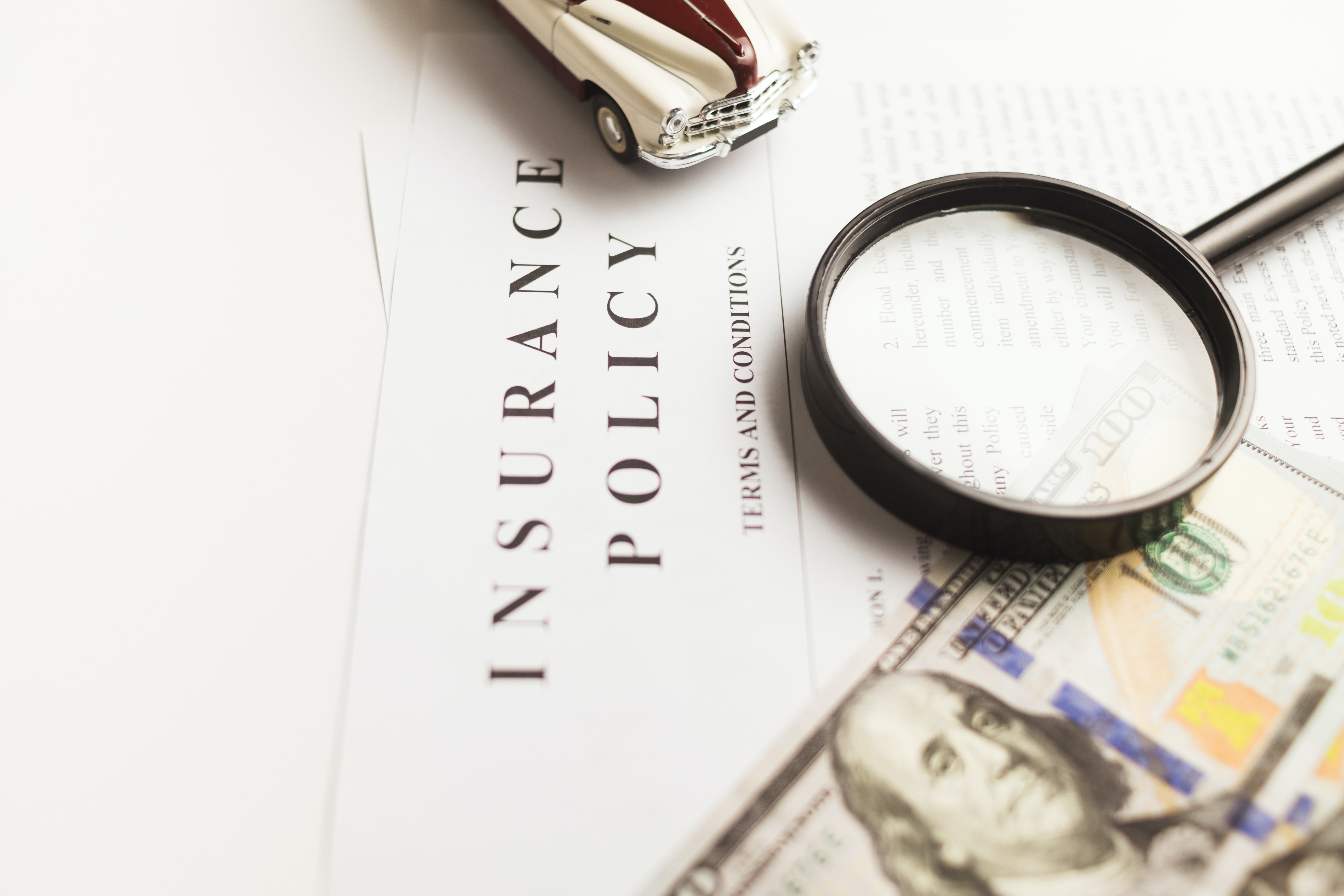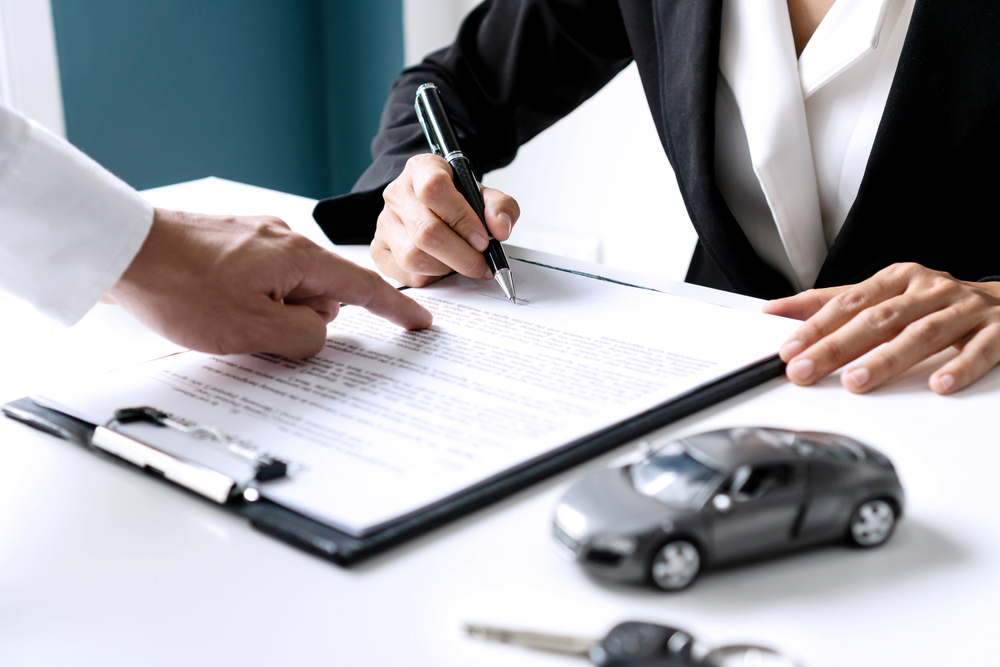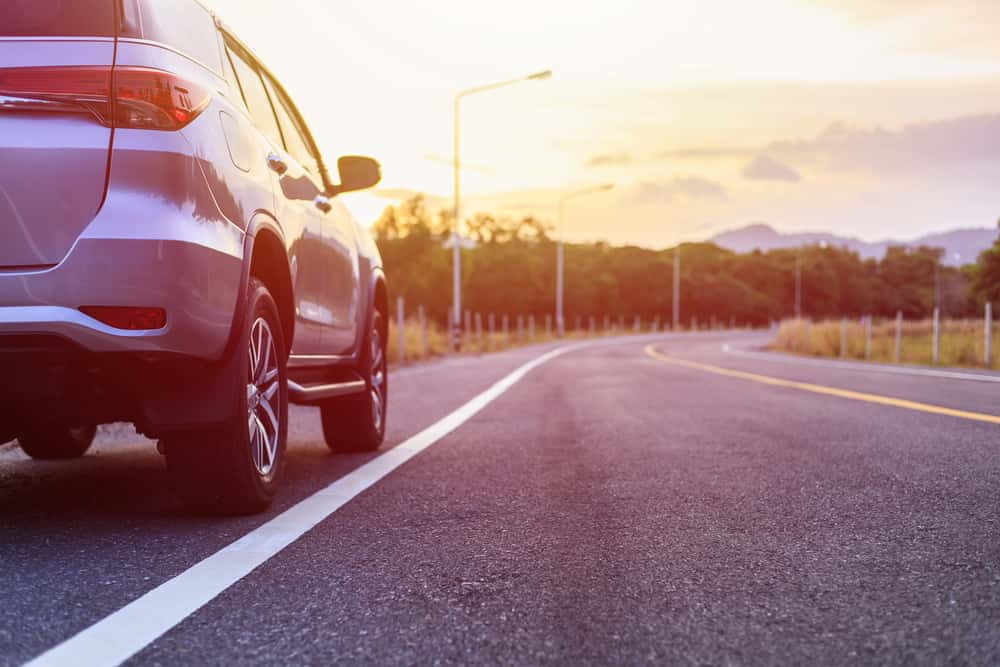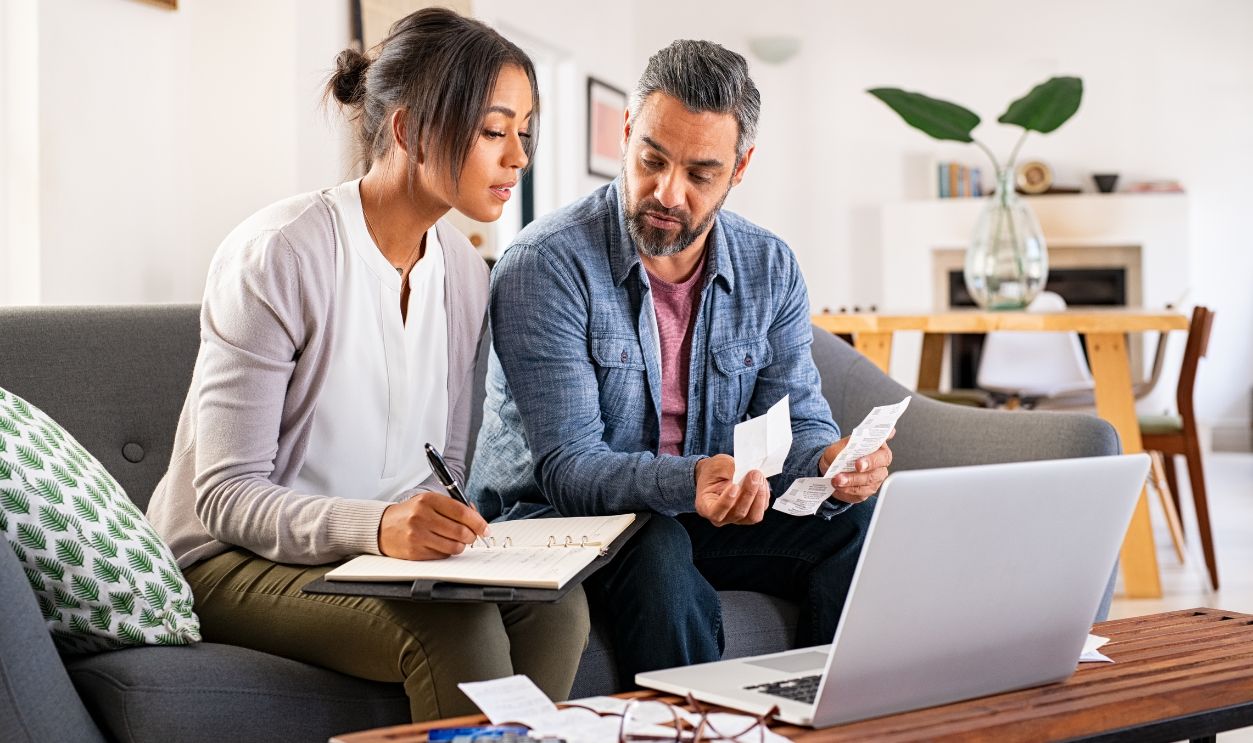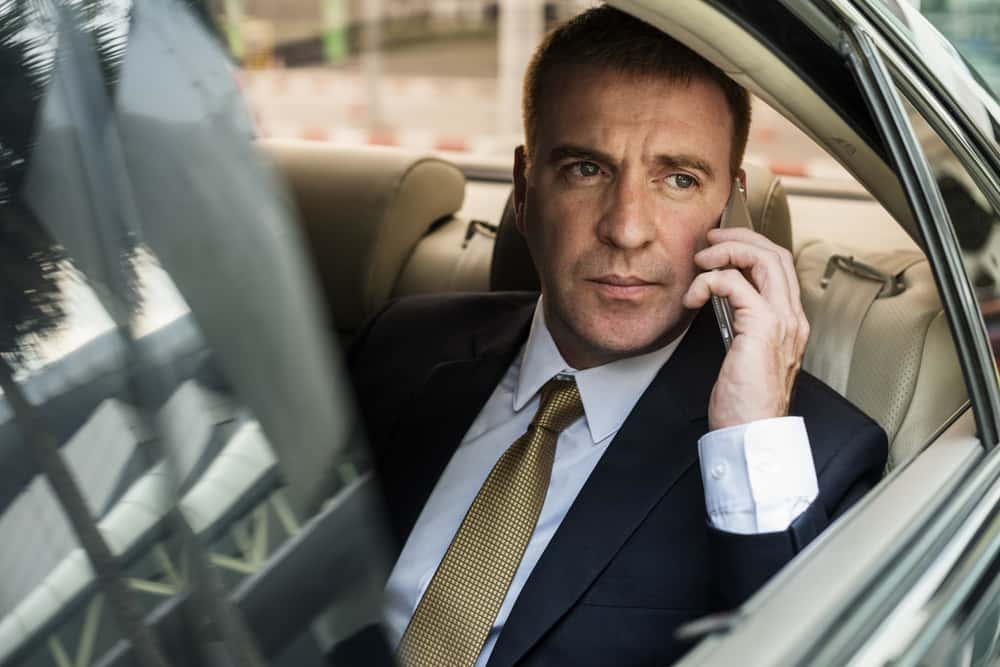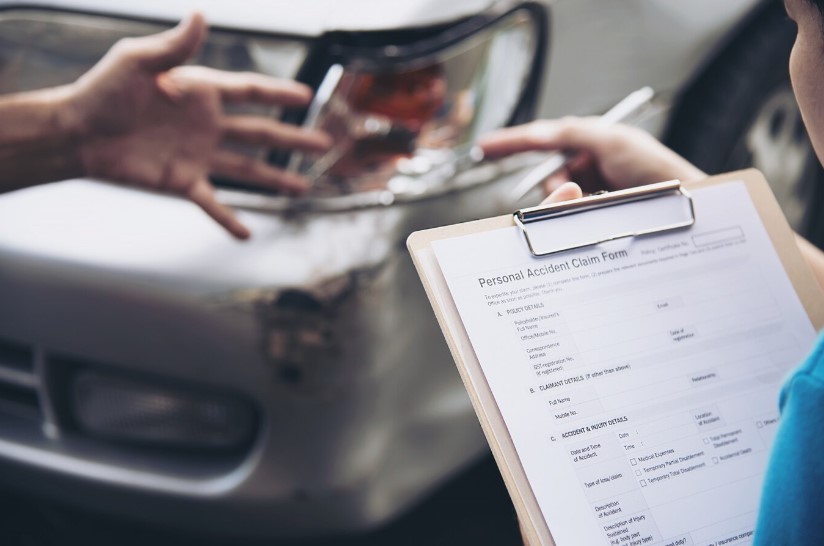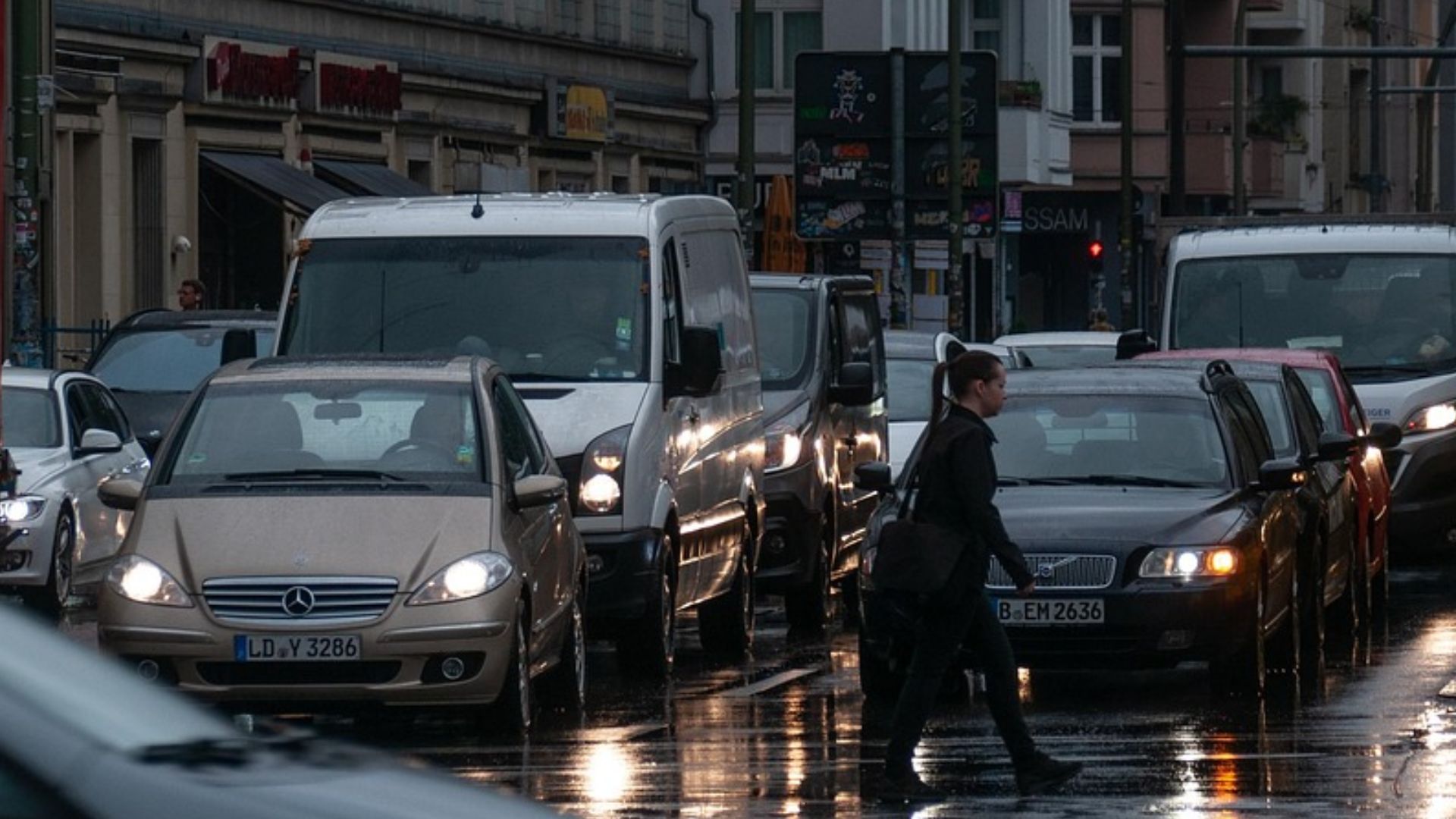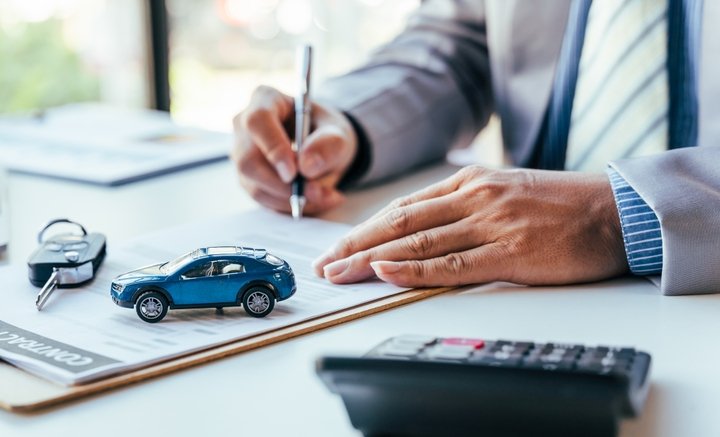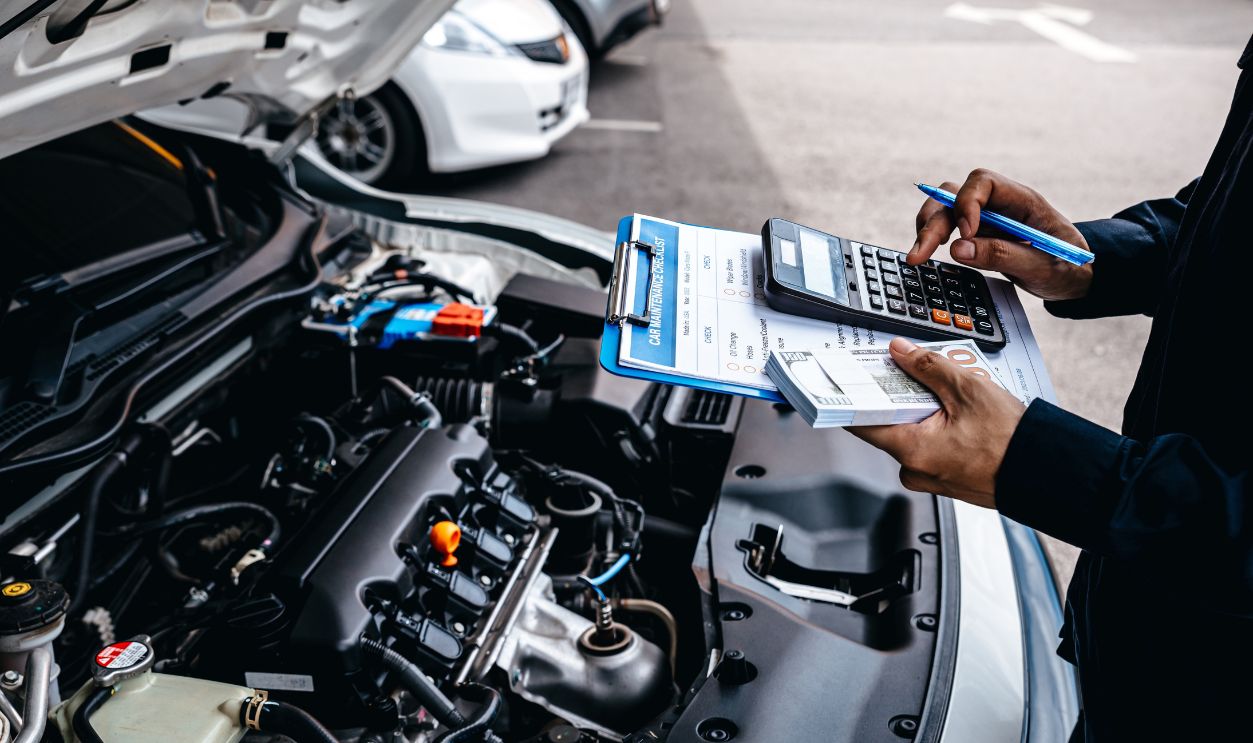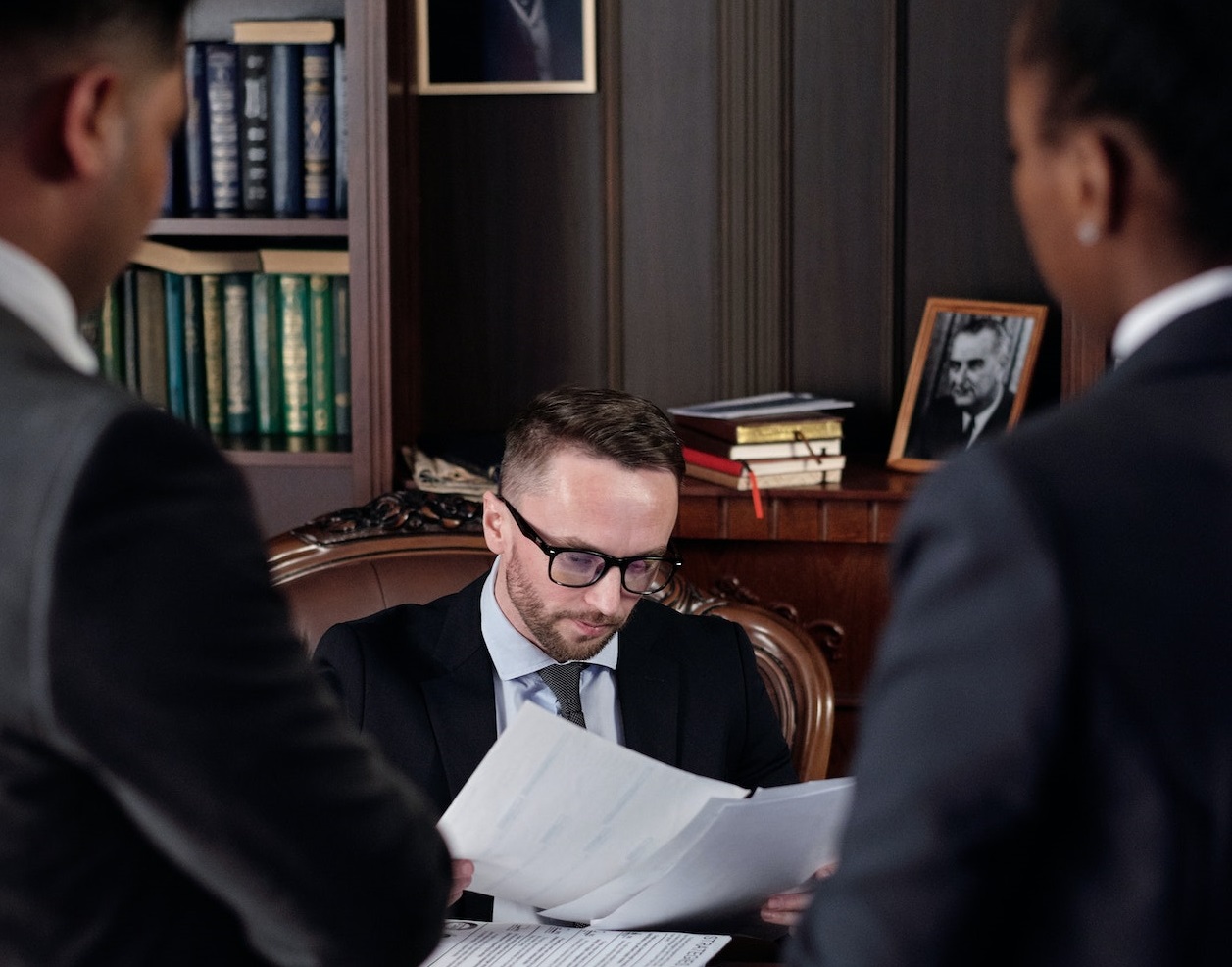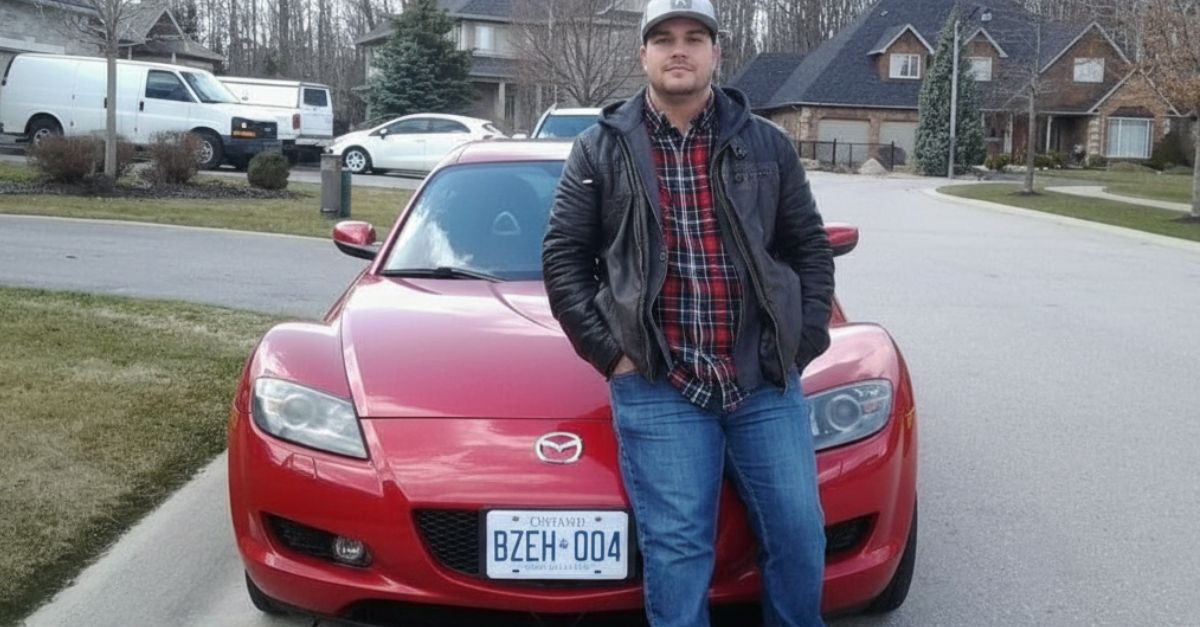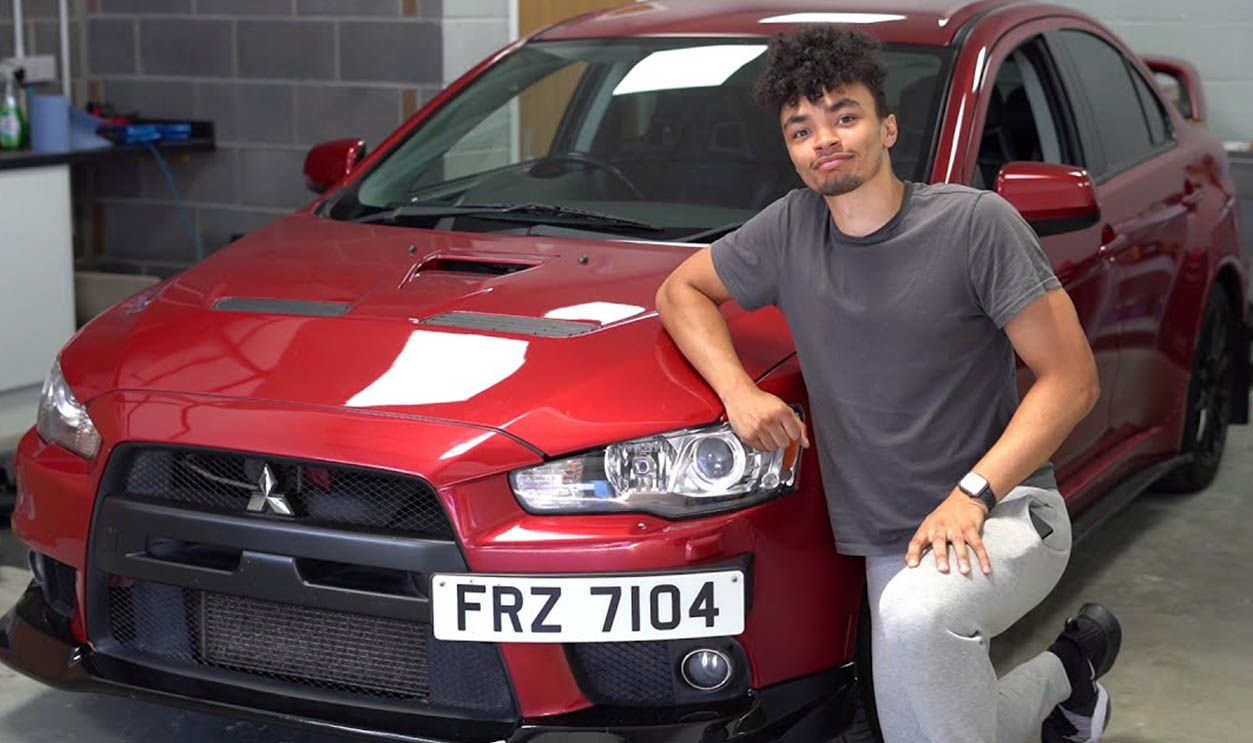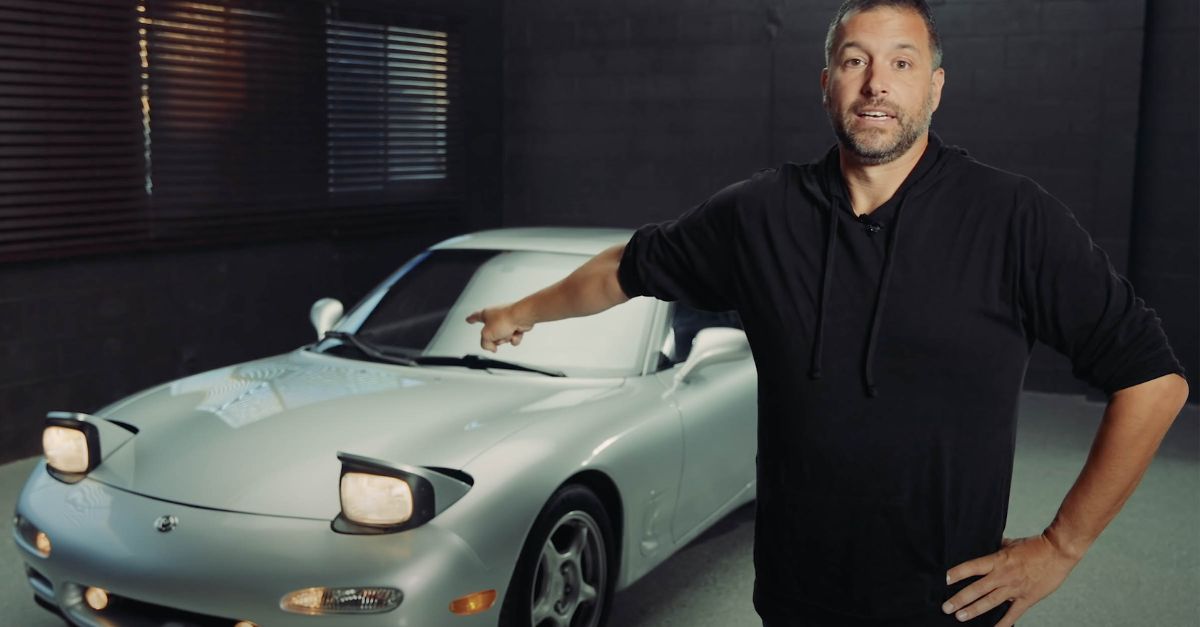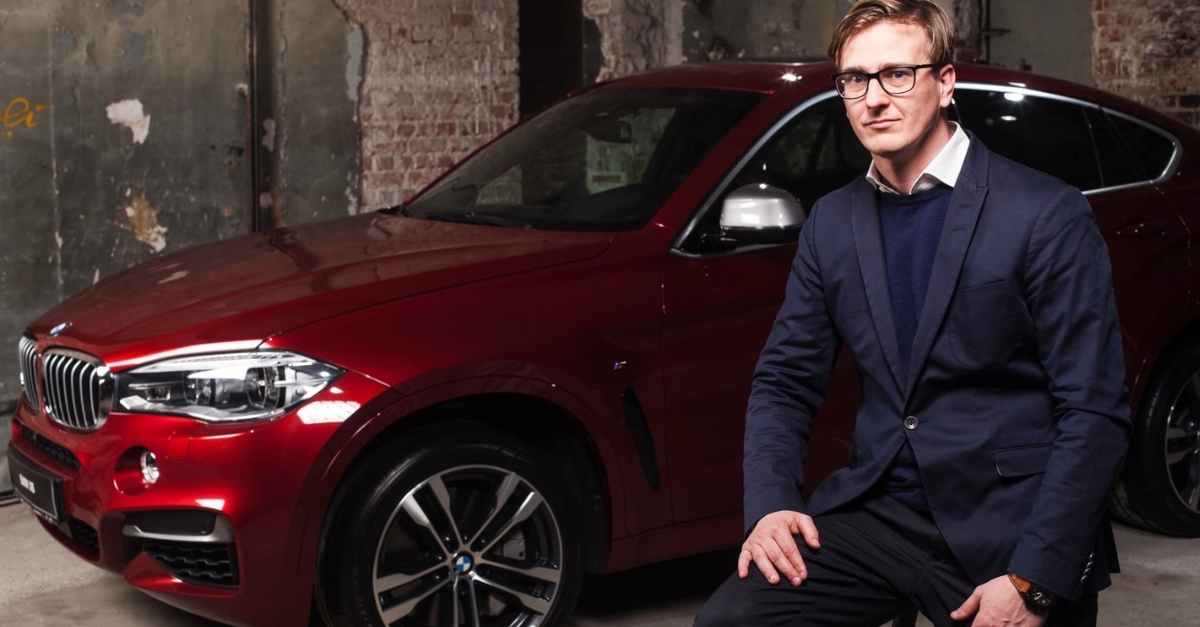You’re Not the First Person This Has Happened To
It’s a sickening moment—you hear the scrape, see the paint transfer, and instantly feel your heartbeat slide into your stomach. You check the damage, look around for the owner, and when no one appears, you do the responsible thing: you leave a note. Then, as the hours and days pass without any response, your relief slowly shifts into worry. Did you miss a step? Are you still liable?
Fortunately, the law is much more straightforward than your imagination. Once you understand what you’re responsible for and what might happen next, the silence feels a lot less scary.
A Parked-Car Collision Works Like Any Other Accident
Even though the other vehicle wasn’t moving, the rules governing fault and insurance don’t suddenly change. When you hit a parked car, you’re almost always going to be considered at fault because yours is the only car in motion. So from the moment the impact happens, liability leans heavily on you—but that doesn’t mean you’ve done anything unrecoverable. It just means you’re responsible for handling the situation correctly, and leaving that note was exactly the right first step.
You Have Immediate Obligations After Any Collision
Every state requires drivers involved in collisions—moving or not—to remain at the scene and attempt to notify the other party. Walking away without taking reasonable steps to find the owner is where drivers get into trouble. The law places a big emphasis on doing your part to communicate with the person whose property you damaged. The moment you searched for the owner and left a visible, legible note, you fulfilled the core expectation that you not “flee” after an accident.
Your Note Needed Key Information—And You Likely Included It
An effective note isn’t just an apology scribbled on a receipt. Most states expect you to leave your name, address, and a quick explanation of what happened. Adding your phone number, insurance carrier, and policy number makes things even clearer for the other driver. When you leave a note with these details, you automatically demonstrate good faith and compliance with the law. Even a short, simple note works as long as it gives them a way to reach you.
Some States Also Require You to Contact Authorities
Not every state requires an official report for a minor parked-car incident, but several do. California, for example, requires both a note and a report made to local law enforcement when the owner can’t be found. Even in states where it isn’t mandatory, reporting the incident protects you. It creates a timestamped record showing that you didn’t run from the scene and that you made an honest effort to report the damage.
Walking Away Without Notifying the Owner Can Be Unlawful
A hit-and-run doesn’t refer to the collision—it refers to leaving the scene without notifying the other party or taking reasonable steps to do so. When drivers panic and drive off without leaving a note or contacting authorities, that’s when they expose themselves to penalties. By staying, assessing the damage, and leaving your information, you prevented the situation from becoming one that law enforcement could view as intentional wrongdoing.
Fortunately, Hit-and-Run Is Rare in These Cases
Hit-and-run typically requires injury or severe property damage. When you scrape a parked car, the situation almost always falls under property damage only, which—if mishandled—would lead to a misdemeanor rather than a felony. But since you properly identified yourself, you’re not in either category.
If You Had Left the Scene, You’d Need to Act Quickly
Some people panic, drive away, then regret it minutes or hours later. If you were in that position, the best thing you could do would be to contact authorities and your insurer immediately. But since you already left a note, you’re way ahead of that worst-case scenario.
Your Insurance Coverage Will Probably Protect You
If the owner calls you, your property damage liability coverage is designed exactly for situations like this. It pays for repairs to other people’s vehicles when you’re at fault. As long as your policy is active and you’ve notified your insurer of the potential claim, you’re protected up to your coverage limits.
You Must Notify Your Insurance Company Promptly
Even though you haven’t heard from the vehicle owner, you still need to report the incident to your insurance provider. Most policies require you to inform them of any event that might lead to a claim, not just ones that definitely will. If you wait too long or fail to report it altogether, your insurer could later refuse to pay for the damage or decline to defend you if the owner eventually pursues a claim.
Don’t Assume That “No Visible Damage” Means You’re Free
You might think the scrape looked minor or barely noticeable, but not all damage is obvious. A light tap can affect frame alignment, bumpers, parking sensors, or suspension components. That’s why driving away without leaving information is never a safe option. But since you didn’t do that, you’ve already protected yourself from uncertainty and suspicion.
Why the Owner Hasn’t Called Yet
There are plenty of innocent reasons for silence. The owner may have looked at the damage and decided it’s too minor to bother with. They may not have noticed your note yet. They might be on vacation, dealing with work, or simply procrastinating. They may have even misplaced your note. The lack of communication doesn’t indicate a trap or looming trouble. It simply means they haven’t taken action yet, and that’s perfectly normal.
They Still Have Time to Contact You Later
Just because you haven’t heard from them this week—or even this month—doesn’t mean the situation is fully behind you. In most states, the statute of limitations for property damage is at least two years. That means the owner has a fairly long window during which they could choose to contact you or file a claim. It’s entirely possible you’ll never hear from them, but the door doesn’t fully close immediately.
You Might Have to Wait It Out
It’s not fun, but waiting is often the only thing left to do. Once you’ve reported the incident and told your insurer, there’s nothing left on your to-do list. If the owner never contacts you, the situation resolves itself quietly. If they eventually reach out, you’ll handle it through insurance like any other accident.
The Other Driver Could Be Partially at Fault (Rarely)
If the parked car was sticking far out of a space, blocking traffic, angled illegally, or sitting somewhere it shouldn’t have been, a small portion of liability might shift toward them. Comparative negligence rules vary by state, but in some places, the way the vehicle was parked can reduce your share of responsibility. This won’t eliminate your liability, but it might lessen it if the parking situation was unreasonable.
Expect a Premium Increase If a Claim Goes Through
Insurance companies don’t categorize accidents by emotional stress or good intentions. If your insurer pays to repair the other vehicle, they’ll probably see you as a slightly higher risk than before. That means your premiums may go up—often for a few years. Even a minor parked-car incident can have this effect.
You Should Know What to Do If Someone Hits Your Parked Car
The roles reverse easily. If someone hits your parked car and leaves, your best strategy is to document the damage, collect debris, look for witnesses, check for nearby surveillance, and contact authorities. If the other driver is never identified, collision coverage on your own policy becomes the primary path to repairs.
Being Injured While Sitting in a Parked Car Changes Everything
If you were inside the parked car when it was hit, your injuries would be handled just like any other collision. The at-fault driver’s liability insurance would kick in, and your personal injury protection or medical payments coverage could help with immediate costs.
When It Helps to Talk to a Lawyer
Most parked-car scrapes resolve quickly and quietly. But if significant damage occurs, or if insurance coverage becomes complicated, consulting a lawyer can help you understand your options. This is especially true if you believe the other vehicle was parked illegally or if you’re worried about how your insurance company is handling the situation.
You May Also Like:
Three Great Cars For College Students
Baby Boomers Are Scared To Admit They Secretly Admire These EVs
I bought a used car from a private seller and it broke down a week later. Can I get my money back?
Source: 1

